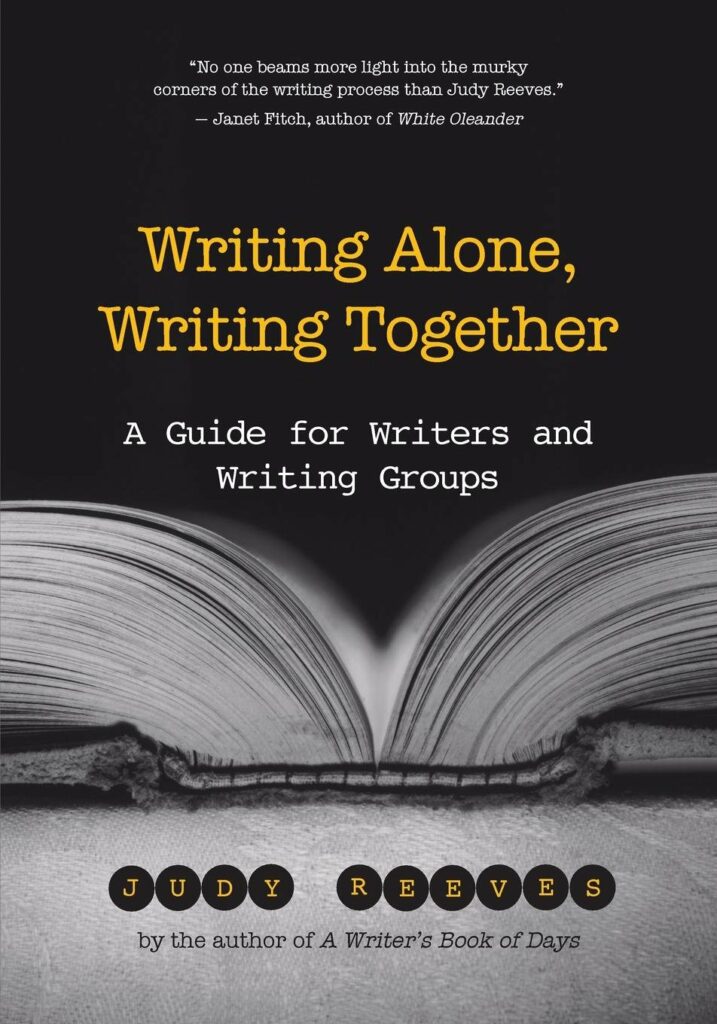Many writers serious about pursuing a career in authorship undertake an MFA in Creative Writing. Far fewer people know what to do next. I’m not talking about the jobs you can get with an MFA in Creative Writing; rather, bottling that magical literary community and citizenship you’ll have learned over the past two years and then releasing it into your everyday life. One of the best ways you can keep the momentum going, post-MFA, is to set up and run a successful writing group.
Find your people
Chemistry is key. Hopefully, you should already have a good idea of a) who your people are as humans and b) who your people are as writers. You’re not going to gel with everybody on your MFA program. But two years is plenty to find people you have chemistry with, who you can bounce ideas around with, who you can encourage and critique equally. And, crucially, who you feel comfortable enough inviting into your successful writing group, post-MFA.
Size matters
Keep the group small: four to five people works the best. While it doesn’t always allow enough time for everyone to read, it certainly allows everyone the chance to talk about their current work, ask any questions, and provide feedback. A smaller group will also hold you accountable; there’s no hiding. It forces you to participate.
Agree on a format
It’s likely that the friends you’ll have made over the course of your MFA in Creative Writing are geographically disparate, especially if you’ve completed a low residency MFA. They may be on different time zones or in different countries. Luckily, any successful writing group can function just as well online as it can in person. You just have to find a day and time that works for all of you. Then, agree on the format: 10 minutes of chatting, followed by an hour of formal critique, followed by questions. A good rule of thumb is no more than 7 pages each to be read aloud, or no more than 2,000 words. You’ll also want to decide on the frequency: once a week, fortnight, or month. I don’t recommend meeting any less frequently than that if you want to hold each other accountable to write (which is one of the primary benefits of any successful writing group).
Apply the Iowa method
During your MFA program, it’s very likely that you will have been introduced to the Iowa Workshop method, where you first read your work aloud to the group, and then sit in silence as your work gets eviscerated. This sounds terrifying, but it gives you the opportunity to hear a broad range of critiques and suggestions that you may not have previously considered. You will get your chance to respond at the end. This isn’t to say that you should listen to and apply all of the feedback, far from it, but since you are in a group with your trusted people, it’s more likely you’ll take some good nuggets from their feedback. And when giving critique, be honest, constructive, and original. No echo chambers.
Create a safe space
Be kind. No judgement. Allow a space where your peers can share their work in whatever state it is in. Be willing to talk about the writing life, submitting work, getting published, imposter syndrome, and more. I always find it useful to talk about what I want from the group and asking them questions about my piece before I begin reading. Is this working? Did you understand this part? Was there enough tension? Was it clear? By asking these questions, I find I get the answers I’m looking for, rather than vague, unstructured feedback. Equally, I ask my peers what they would like from me before their readings.
Celebrate successes
There will be many times that you will experience professional jealousy during your writing career; a writing group is not the place. Celebrate your fellow members’ publications, award wins, and any other publishing successes – however big or small. Support each other’s writing careers; you never know where each of you will end up in the future. Even hugely successful authors still attend their original writing groups for focus, support, and accountability.
Make a commitment
It’s impossible for every writing group member to attend every session. If you can’t make it, be sure to let your writing group know ahead of time so that they can plan accordingly. If you work your writing group into your schedule, you can make other arrangements around it. And take appropriate time off over the holidays and the summer. Every writer I know struggles with productivity levels over the summer.
What it takes to run a successful writing group
As you know from completing your MFA, if you go into it with a “what’s in it for me” attitude, your group will fail. Be selfless. Give thoughtful, critical, kind feedback. My writing group meets weekly. There are four of us. We’re at similar levels and have similar goals. It works because we inherently trust and respect each other. We cheer. We commiserate. We learn from each other’s different genres, writing styles, and experiences. We critique, but we don’t criticize. We listen in silence. And finally, we bring work about 90% of the time. If you’re going to run a successful writing group, post-MFA, you have to show up for your peers.
Recommended reading
Here at Aspiring Author, we love recommending bestsellers and fawning over hot new releases. On this real time recommended reading list, you will find a list of top rated books on the publishing industry, craft, and other books to help you elevate your writing career.










